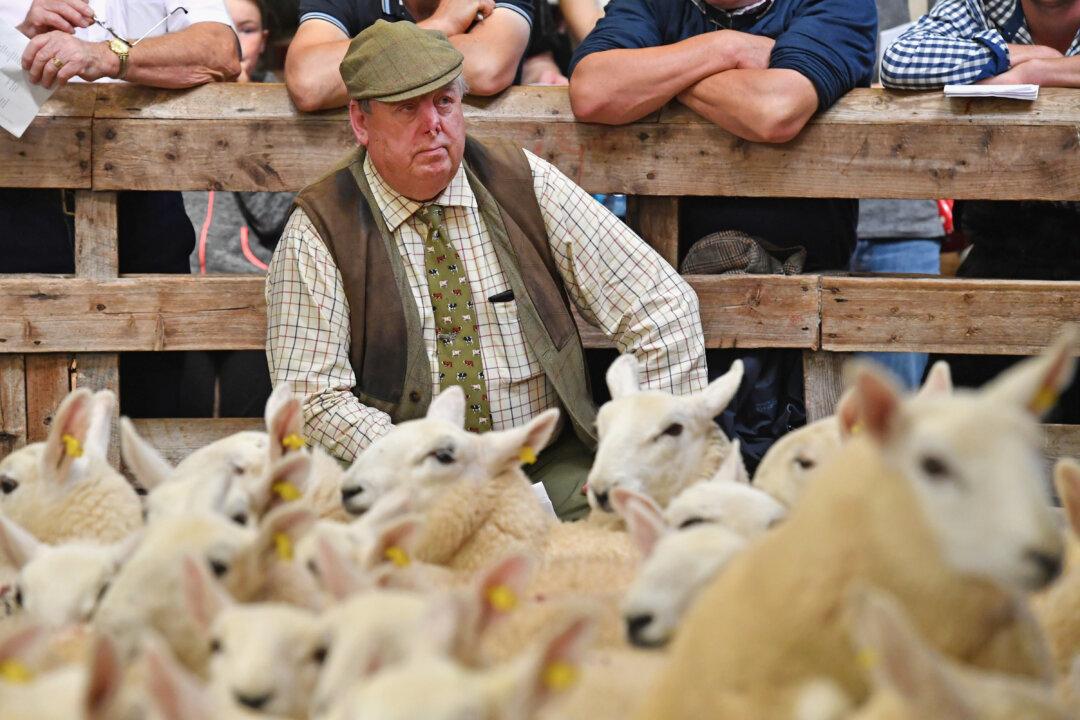BIRMINGHAM, England—Brexit could reshape Britain’s iconic patchwork landscape, wiping out rural communities, if agriculture is used as a carelessly played bargaining chip in new trade deals, warn experts. If agriculture is handled correctly, however, some hope the deals will invigorate the countryside and rekindle the nation’s relationship with food and the land.
Like many sectors, bitter arguments for and against Brexit are being replaced by discussions on how to capitalize on the new reality as the nation heads for the negotiating table.
The relationship between humans and nature is cast deep into the British countryside, from undulating meadows shaped by the farming practices of the Middle Ages to ancient oaks in the remnants of Sherwood Forest.
With little space left, the coexistence of natural lands, farming, and regulations has long been negotiated. But whereas royal laws protected forests for the king’s deer and the country estates shaped the landscape, now European Union regulations and subsidies collide with fluctuating global market pressures and rapidly changing modern agricultural practices.





